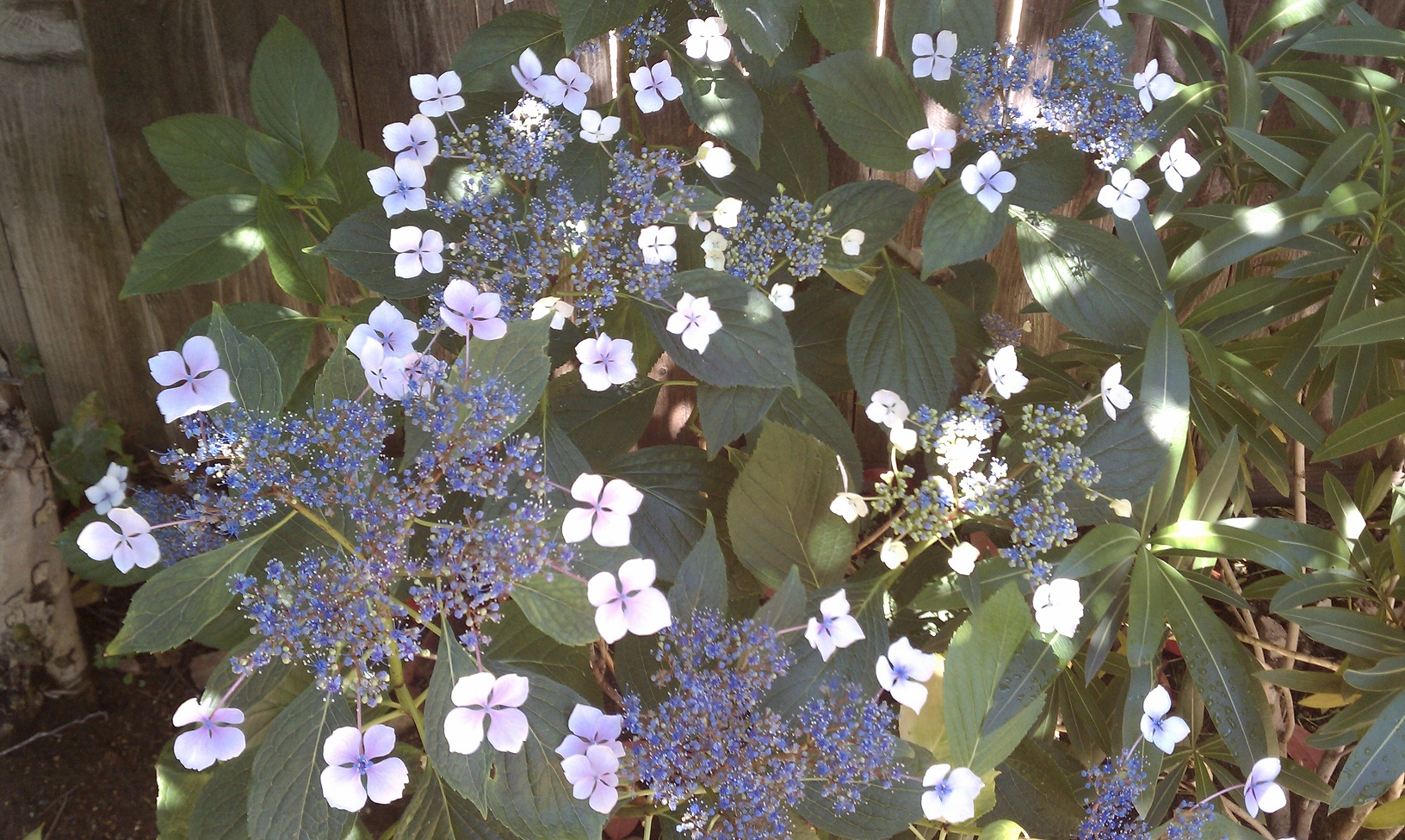Introduction
My first book “Paradaisu Sakoku” (Seclusion in Paradise) was
published in Japan in 2008, based on the theme I have developed on my Japanese
blog “Tech Mom from Silicon Valley” since 2005, by interaction with many blog
readers. Many Japanese readers agreed
with my view expressed in the book, while many others reacted “so what?” on
Japanese blogosphere.
5 years since the
original term “Paradaisu Sakoku” was born on my blog, I have had some
opportunities to discuss about the same issue with English-speaking friends. They were interested in reading my book, but
I don’t have time or resources to properly translate it into English. I cannot expect to get a contract with any
American publisher, and Japanese- English translation is so hard that I cannot
allocate enough energy in my working mother life.
So as a cheap alternative, I have decided to write a series
of English blog entries on the topic. I
am thinking of taking the same steps again as what I did on my Japanese blog,
and doing so, I can update the contents according to recent changes in
environment and further development in my idea.
Blog is more casual and easier to get started.
I hope the series provide you with a viewpoint in
understanding what Japan is up to these days, what we Japanese should do in the
new framework in global society, and maybe even provide a reference case study about
the position in the U.S. as well.
I appreciate your comments, not just about the idea itself,
but also in correcting errors in English. I still need to improve my English writing
quite a bit.
Part I – what it means
“Sakoku” means to close the country against outside
world. In Japan, Tokugawa Shogunate imposed
this seclusion policy for more than 200 years to the people in Japan, until
mid-19th century. During that
time, any trade and travel between Japan and other countries were strictly
banned, with few exceptions. The policy
started as a reaction to the aggressive move by European powers to colonize
every corner of the world in the 17th century. I guess that the original goal was met, but
after so many years, it deterred the technological/social development in Japan
in the long run and we had to come out of the seclusion.
During my summer vacation in Japan with my family in 2005, it
struck me that “nobody is interested in what is going on outside of Japan”. Of course, it is not 100% true. Still lots of Japanese top brands are strong
globally, Coke and McDonald’s are everywhere in Japan, and People love American
TV dramas and movies. Yet, compared to
my younger days, the desire for the anything foreign has diminished.
Back then, U.S. and Europe were definitely at better
standard of living. For a Japanese to
work or study abroad means a big jump up in life. Things that come from these countries - bag,
shoes, appliance, film, music, cars, or anything – are more expensive and
better quality than Japanese counterparts.
Back then, “Japanese taste” often was considered “obsolete” and “lame”. In my youth years, 70’s and 80’s, Japan had
already started its rise to the top of global economic power, and I believe
that people were largely driven by this energy of the era, pure envy to the
better life of Euro-Americans.
Now it is gone. Japan
is now cleaner, safer, richer and more efficient country than any other place
on the globe, with better food and abundant pop culture stuff. You really don’t have to feel any twitch of
envy to Americans, French or Germans in everyday life in Japan. Now, you don’t have to study abroad to be top
executive of a big company or top government official.
And as a result, it has become a natural tendency for lots
of Japanese people to lose any interest to anything foreign. They don’t travel internationally as much as
before. Less Japanese students are studying
abroad. Companies decide to focus on
domestic market rather than international.
People flock to Japanese animation movies on weekends rather than
Hollywood films.
So what? Yes, I
understand the people who criticize me.
It is only natural. This is what
we the older generation strived for. We
wanted to catch up with Europeans and Americans. We have earned lots of money by selling stuff
overseas, fighting through trade frictions, and now using this money to enrich
our life domestically. Japanese standard
of living is now at the same level as Euro-American countries, more advanced in
some aspects and less in others.
So I called it “seclusion in Paradise”. It is not imposed by anybody, but the people
there are perfectly happy with their domestic life and don’t want to go out or
to accept outside influence. They are
voluntarily closing their doors to outside.
The first half of my book was meant to prove this hypothesis
with various statistics and surveys. It
is a bit tiresome for me to reproduce, so I will just say that there are lots
of stats and surveys that back up my point.
Living standard in Japan is pretty much at the top of the world, while
young people are reluctant to live or study overseas.
But is it really a good thing? I feel very uncomfortable about this
tendency. So what is wrong and what
should we do about it?
Michi



